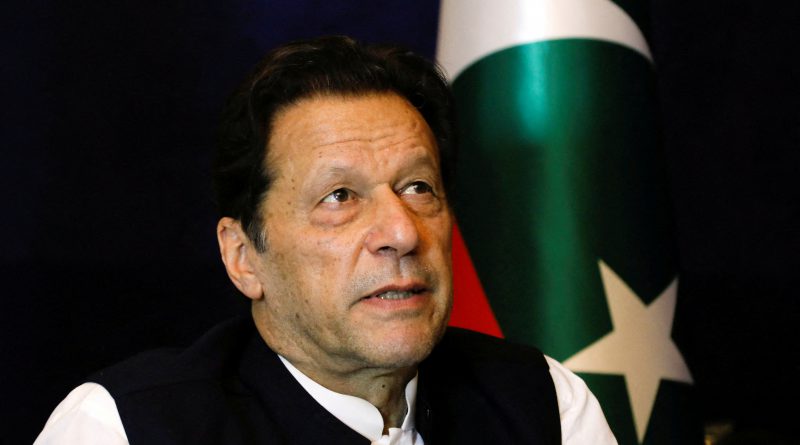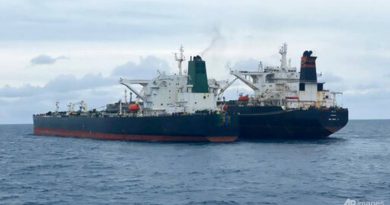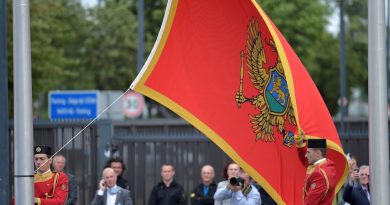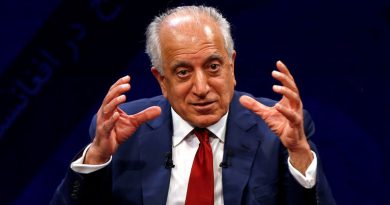Pakistan court pauses Imran Khan’s trial over sale of state gifts
Islamabad (Reuters) – A Pakistan high court on Friday temporarily halted former Prime Minister Imran Khan’s trial on charges he illegally sold state gifts, his lawyer said, in a case that could end the opposition leader’s political career if convicted.
A guilty verdict in the case could exclude Khan from national elections that are due to be held by November, legal experts have said.
The halt comes after the high court asked a trial court to look into whether a legal complaint filed by the country’s election commission, as part of an inquiry against Khan, constituted a criminal proceeding, his lawyer Naeem Panjhuta and several local TV news outlets said.
Khan’s legal team had challenged the commission’s complaint, arguing that it was not a criminal case and that the judge conducting the trial was biased against Khan.
The high court, however, turned down Khan’s appeal to remove the trial court judge from hearing the case. It is not known when the case will resume, though the halt is expected to be brief.
Khan’s spokesman Farrukh Habib hailed the higher court’s decision.
The trial, which is in its final stage, relates to an inquiry conducted by the election commission which found Khan guilty of unlawfully selling state gifts during his tenure as prime minister from 2018 to 2022.
Khan has denied any wrongdoing.
The 70-year-old cricketer-turned-politician was accused of misusing his premiership to buy and sell gifts in state possession that were received during visits abroad and worth more than 140 million Pakistani rupees ($635,000).
The gifts included watches given by a royal family, according to government officials, who have alleged previously that Khan’s aides sold them in Dubai.
His tenure as prime minister was cut short when opponents won a no-confidence vote against him last year, which Khan alleges was passed with the help of the country’s powerful military. The military denies any role in the matter.
Khan’s targeting of the military has raised political temperatures, and his brief arrest in May on corruption charges sparked violent protests in the country.



